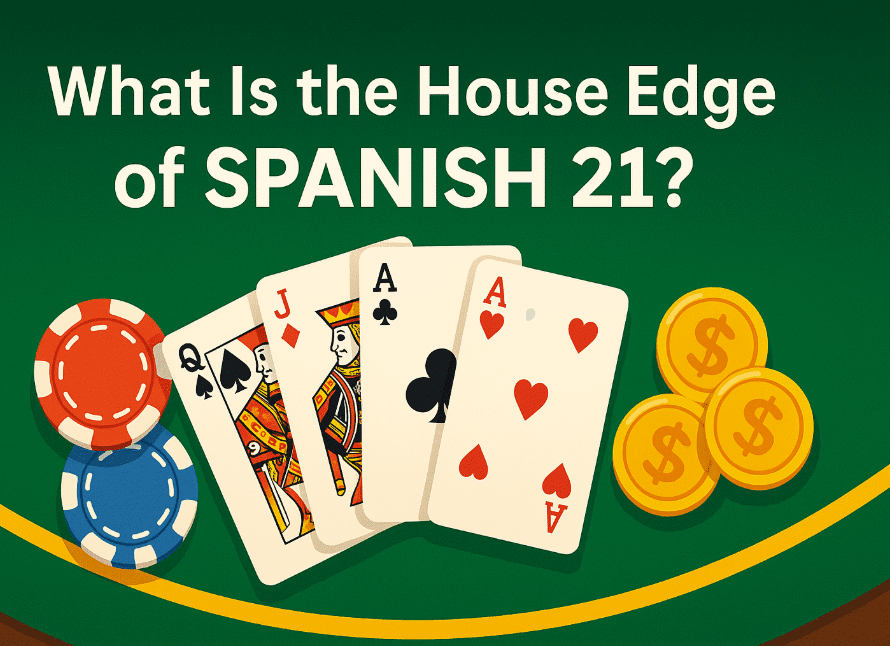Hi there! My name is Chloé Lefebvre, and after years immersed in the world of blackjack—from classic casino floors in Europe to the adrenaline rush of digital tables—I know there’s one topic that often leaves players scratching their heads: splitting pairs. Trust me, understanding blackjack splitting rules isn’t just for seasoned card sharks; it’s one of those essential skills that can instantly take your game from average to sharp. Whether you’re an absolute beginner or you’ve dabbled a few times and want to polish your strategy, this guide is crafted just for you.
- What is Splitting in Blackjack?
- Basic Rules of Splitting
- Common Splitting Situations
- House Rules and Variations
- Strategic Tips for Splitting
- Advanced Strategies
- Conclusion
- FAQs
What is Splitting in Blackjack?
If you’re new to blackjack, you might have heard players ordering a “split” and seen them end up playing two hands at once. But what’s really going on here? Splitting in blackjack refers to the option you get when your first two cards are a pair—say, two 8s or two aces. At this point, rather than playing them as a regular 16 or 12, you can choose to split them into two separate hands. This requires doubling your original bet (one bet per hand), and from this point, you play each hand independently.
Why is this important? Because splitting pairs is a golden opportunity to maximize winnings—or at the very least, minimize your losses in tricky situations. Let’s not forget, the strategy behind when and how to split can genuinely make or break your session at the tables, especially if you dream of sitting down at CryptoCazzino, the latest crypto-powered casino sensation of 2025.
Basic Rules of Splitting
The mechanics are simple, but timing and understanding the rules are everything. Here’s the breakdown:
When Can You Split?
You can split only when your first two cards are an exact pair, meaning two cards of the same rank (for example, 8-8, K-K, or 4-4). Suits don’t matter—a pair of 5♥ and 5♣ is just as split-able as two jacks.
How Does the Split Work?
To split, you must place an additional wager equal to your original bet. Each split card then becomes the foundation of a new hand. New cards are dealt to each, and you proceed as usual—hit, stand, double down (depending on the house rules). This can make the game more expensive, but also a lot more fun and potentially profitable.
Maximum Number of Splits Per Hand
Most casinos—including digital venues—will allow you to split up to three or four times, resulting in a possible four separate hands. However, there are exceptions, especially regarding the splitting of aces (more on that soon!).
Common Splitting Situations
Now let’s get into the real nitty-gritty: which hands should you split, which should you avoid, and why?
Splitting Aces
If you’re dealt two aces, congratulations! Splitting them unanimously boosts your chances, as each ace could potentially pick up a 10 (or face card) for that magic 21. Almost every blackjack split strategy says: Always split aces. Just remember, when you split aces, you usually receive just one additional card per ace—and if you get a 10-value card, it counts as 21, but not a “blackjack” for payout purposes.
Splitting Eights
Here’s a classic piece of advice—always split eights, no matter what the dealer is showing. Why? Because a pair of eights (16) is a notoriously weak hand, but splitting gives you a shot at two hands each beginning with an 8. Statistically, this is a much better place to be, no matter which way the wind blows.
Hands You Should Never Split
- Tens: Two tens (or face cards) create a tidy 20—an exceptionally strong hand! Splitting just opens you up to risk.
- Fives: Together, they make 10, the best base for a double down. Splitting them leaves you with two hands that both start below par.
- Fours: Splitting these often results in two weak hands. Best to just hit or stand, depending on the dealer’s card.
House Rules and Variations
Not all blackjack tables are created equal—especially if you play across different venues, from land-based casinos to new wave spots like crypto casinos. The specific blackjack splitting rules can vary:
- Limit on splits: Some games allow splitting up to three or four times, others just once.
- Rules for splitting aces: Many tables restrict you to a single card per split ace. At some casinos, you can’t resplit aces even if you draw a second ace.
- Doubling after split: Certain rules let you double down after you split (a strong advantage!), others forbid it.
- Resplitting: Got a pair on your split hand? Some games let you split again; others don’t.
These variations directly impact your blackjack split strategy. Before playing—especially online or at a new crypto-powered table—check the rules of the game. Knowing the house’s boundaries will help you make the most profitable decisions.
Strategic Tips for Splitting
Let’s get practical. With years of play behind me, I can’t stress this enough: follow the basic strategy and watch your results improve. Here are some situations spelled out:
- Split eights and aces always, never split tens or fives.
- Split twos and threes if the dealer shows 4–7.
- Split sixes only if the dealer shows 2–6.
- Split sevens if the dealer shows 2–7.
And here’s a classic mistake: splitting nines when the dealer shows 7, 10, or Ace. Stand instead! On the flip side, split nines if the dealer shows 2–6, 8, or 9.
Remember: the goal is to maximize your winnings and minimize your losses. Always weigh your decisions against the dealer’s upcard, and don’t be tempted by flashy moves—stick to the strategy!
Advanced Strategies
For those with a bit more experience (or curiosity), let’s peek behind the curtain: card counting and its relationship to splitting. Skilled card counters track the ratio of high to low cards left in the deck. When there are more 10s and aces remaining, split situations—especially with lower pairs—can become even more favorable.
Advanced players use splitting not just as a way to escape bad hands, but actively as a tool to cut down the house edge. For instance, perfectly timing your splits when you know the shoe is rich in tens can swing the advantage even further in your favor—a classic tactic at high-stakes tables or sharp online venues.
Just remember, while card counting is powerful, it’s not always welcome at every casino. But in the digital world, all you need is a sharp eye (and maybe an extra tab open for jotting down the count!).
Conclusion
So there you have it—splitting in blackjack isn’t just a mechanic; it’s a strategic cornerstone. From knowing when to split (and just as crucial, when not to) to adapting your approach across different house rules, a solid grasp of blackjack splitting rules is guaranteed to elevate your play. My advice? Study the basic splits till they’re second nature, stay conscious of casino-specific rules, and only venture into advanced territory when you’re truly ready.
And most importantly: enjoy the process. Blackjack is as much about fun as it is about strategy. Whether you play at local casinos or take your game to the next level at crypto casinos, make every hand count.
Thanks for joining me on this blackjack journey. Wishing you sharp eyes, steady nerves, and plenty of blackjacks! See you at the tables.
— Chloé
FAQs
When should I never split my cards in blackjack?
You should never split tens or fives in blackjack. Two tens create a very strong hand (20), and splitting will likely make both hands weaker. For fives, it’s best to hit or double down, as splitting leaves you with two weak starting hands.
Can I split twice or more in one hand?
Yes, many casinos allow players to split more than once, leading to as many as three or four hands from a single original pair. However, this depends on the specific rules of the casino or blackjack variant you’re playing. Always check before you play!
Does splitting affect the house edge?
Absolutely. Using the proper blackjack split strategy not only helps reduce the house edge, but can increase your potential winnings over time. Strategic splitting—especially with pairs like aces or eights—optimizes your chances and can make a significant difference in your results.


